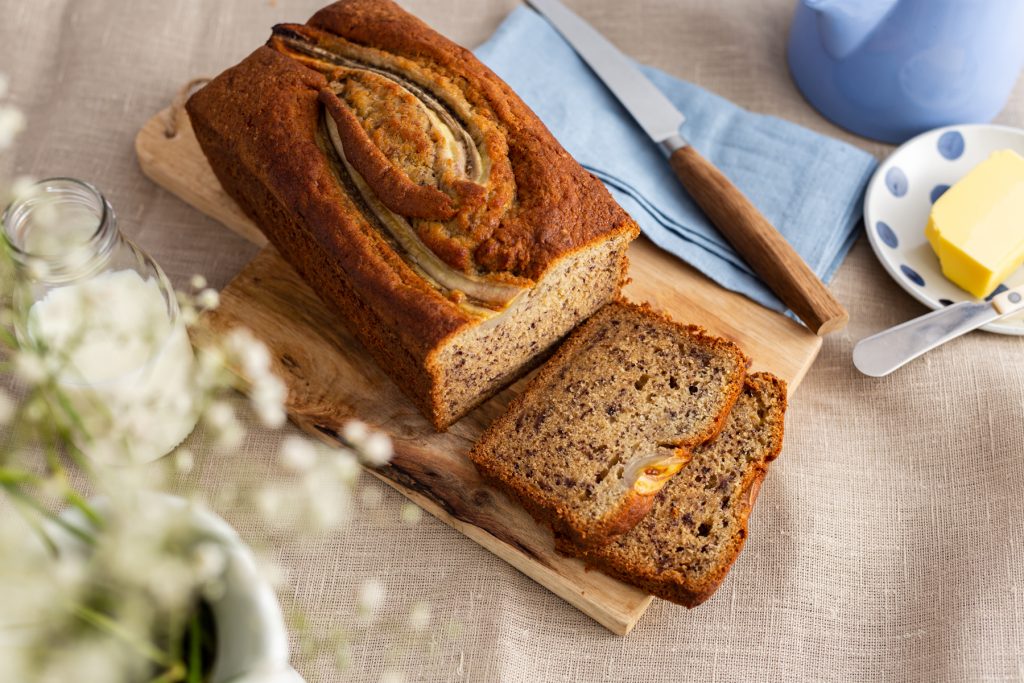
Pregnancy Nutrition: 3 Essential Minerals
Thu Apr 02 2015

We’ve teamed up with eumom to give you the best advice when it comes to feeding your children. Today, we talk about the 3 essential minerals you need when you’re pregnant.
Minerals perform vital body functions from the formation of healthy blood to the strengthening of bones and teeth. Some, like calcium, are needed in large quantities, while others are needed in smaller concentrations, for example zinc.
Calcium
Calcium is vital for healthy bones and teeth, both yours and your baby’s, as 99% of our body’s calcium is stored in the bones. To strengthen bones and teeth, calcium must work with vitamin D. Lack of this can lead to a softening of bones in children called rickets. Calcium is also needed for blood clotting plus normal nerve and muscle function. Bran, caffeine and salt can all reduce absorption or speed the loss of the mineral from the body.
It has now been shown that calcium supplements don’t prevent high blood pressure developing in during pregnancy, as had been claimed previously. See further details on Health During Your Pregnancy.
Rich sources of calcium are dairy products, green vegetables (including broccoli and haricot beans), white flour, bread, fish with edible bones (like canned salmon), nuts, and seeds like sesame and fortified soya products.
Iron
Iron is necessary for the formation of haemoglobin, the oxygen-carrying component of red blood cells. It is vital for healthy blood and for your baby’s healthy physical and mental development. Iron also sparks a number of vital chemical reactions in the body. For example, it speeds the conversion of beta-carotene to vitamin A.
If your iron stores are low because of a poor dietary intake or because of an increase in demand as with single or multiple pregnancy, you can become anaemic. This will make you feel breathless and tired. Iron deficiency can also be linked with premature delivery and having a low birthweight baby.
There are two types of iron. Haem iron comes from animal foods like meat, oily fish and eggs. Non-haem iron comes from plant sources like cereals, bread, cocoa, brewer’s yeast, molasses, dried fruits, nuts, green vegetables (including broccoli), pasta and pulses (such as haricot beans).
Around 25% of haem iron is absorbed by the body but just 10% or so is absorbed from non-haem sources. You can boost your iron absorption by eating vitamin C-rich food or drinking unsweetened fruit juice with meals. Wait an hour or so before you drink tea and coffee after meals too, as these beverages can reduce your absorption of iron.
Zinc encourages both growth and healing, and may also prevent nausea during your pregnancy. It is also important for the development of the brain and nervous system of your baby. A shortage of zinc has been associated with low birthweight.
It’s also important for growth, wound healing and a healthy immune system.
Zinc is found in beef, seafood, nuts, carrots, sweetcorn, bananas, whole grains, wheat bran, wheat germ, whole-wheat, beans, nuts, eggs, sardines and sunflower seeds.






